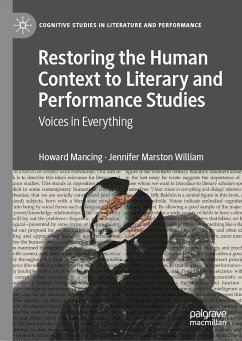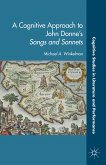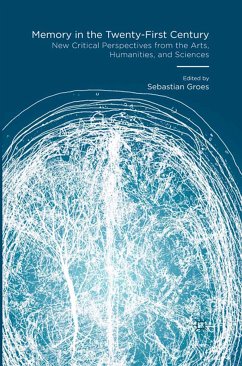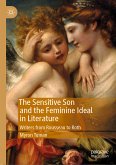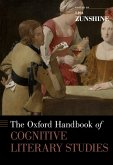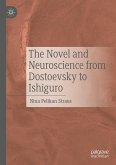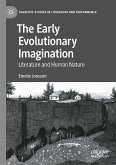Restoring the Human Context to Literary and Performance Studies argues that much of contemporary literary theory is still predicated, at least implicitly, on outdated linguistic and psychological models such as post-structuralism, psychoanalysis, and behaviorism, which significantly contradict current dominant scientific views. By contrast, this monograph promotes an alternative paradigm for literary studies, namely Contextualism, and in so doing highlights the similarities and differences among the sometimes-conflicting contemporary cognitive approaches to literature and performance, arguing not in favor of one over the other but for Contextualism as their common ground.
Howard Mancing, who has recently made the transition to Professor Emeritus of Spanish at Purdue University, USA, is a renowned expert on Cervantes and Early Modern Spanish Literature, as well as a pioneer in Cognitive Literary Studies. He has published two monographs: The Chivalric World of Don Quixote: Style, Structure, and Narrative (1982) and Miguel de Cervantes' 'Don Quixote': A Reference Guide (2006), and coedited three volumes of essay collections. In addition, he authored the two-volume Cervantes Encyclopedia in 2004. Howard has also written numerous journal articles and book chapters on Cognitive Studies topics such as embodied cognition, narrative and affect and Theory of Mind representations in literature.
Jennifer Marston William is a Professor of German with specializations in twentieth and twenty-first century literature and film. She is currently serving as the Head of the School of Languages and Cultures at Purdue University, USA. Jennifer's second monograph, Cognitive Approaches to German Historical Film: Seeing is Not Believing, was published with Palgrave in 2017, and she has published scholarly articles and book chapters on conceptual metaphor and on literary analyses from the perspective of Theory of Mind. She is also a co-founder, with Howard Mancing, of the Center for Cognitive Literary Studies at Purdue, which has existed since 2008 and was recently renamed the Center for Neurohumanities.
Dieser Download kann aus rechtlichen Gründen nur mit Rechnungsadresse in A, B, BG, CY, CZ, D, DK, EW, E, FIN, F, GR, HR, H, IRL, I, LT, L, LR, M, NL, PL, P, R, S, SLO, SK ausgeliefert werden.
Es gelten unsere Allgemeinen Geschäftsbedingungen: www.buecher.de/agb
Impressum
www.buecher.de ist ein Internetauftritt der buecher.de internetstores GmbH
Geschäftsführung: Monica Sawhney | Roland Kölbl | Günter Hilger
Sitz der Gesellschaft: Batheyer Straße 115 - 117, 58099 Hagen
Postanschrift: Bürgermeister-Wegele-Str. 12, 86167 Augsburg
Amtsgericht Hagen HRB 13257
Steuernummer: 321/5800/1497
USt-IdNr: DE450055826
Bitte wählen Sie Ihr Anliegen aus.
Rechnungen
Retourenschein anfordern
Bestellstatus
Storno

